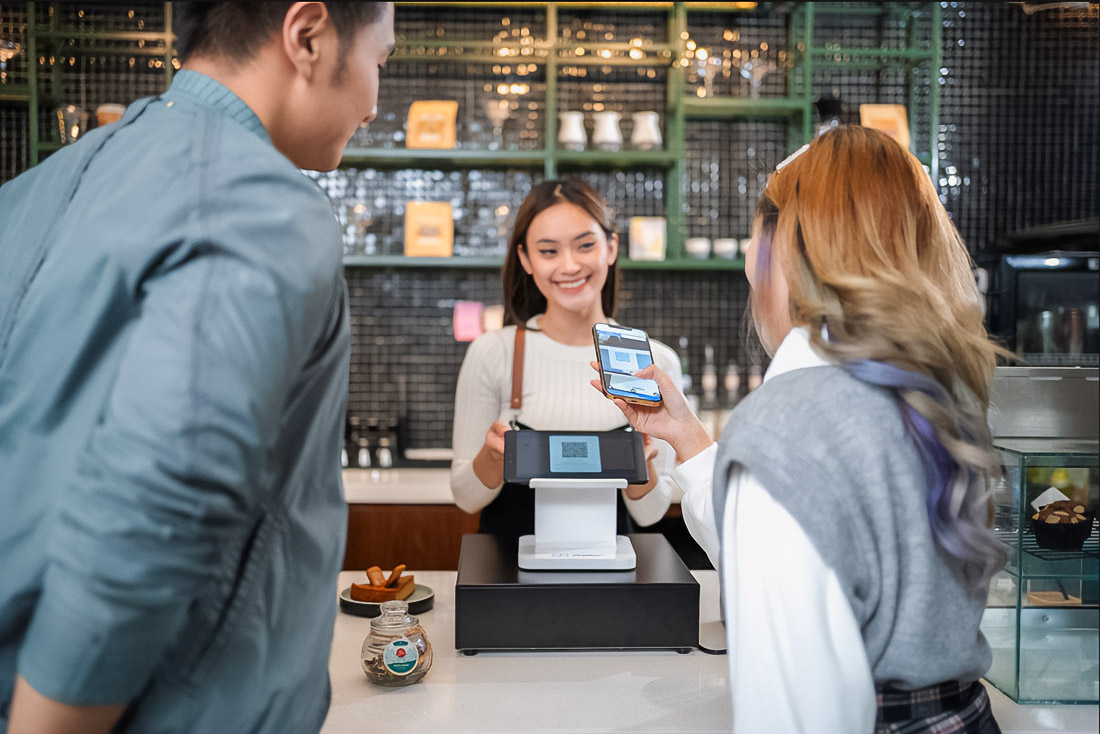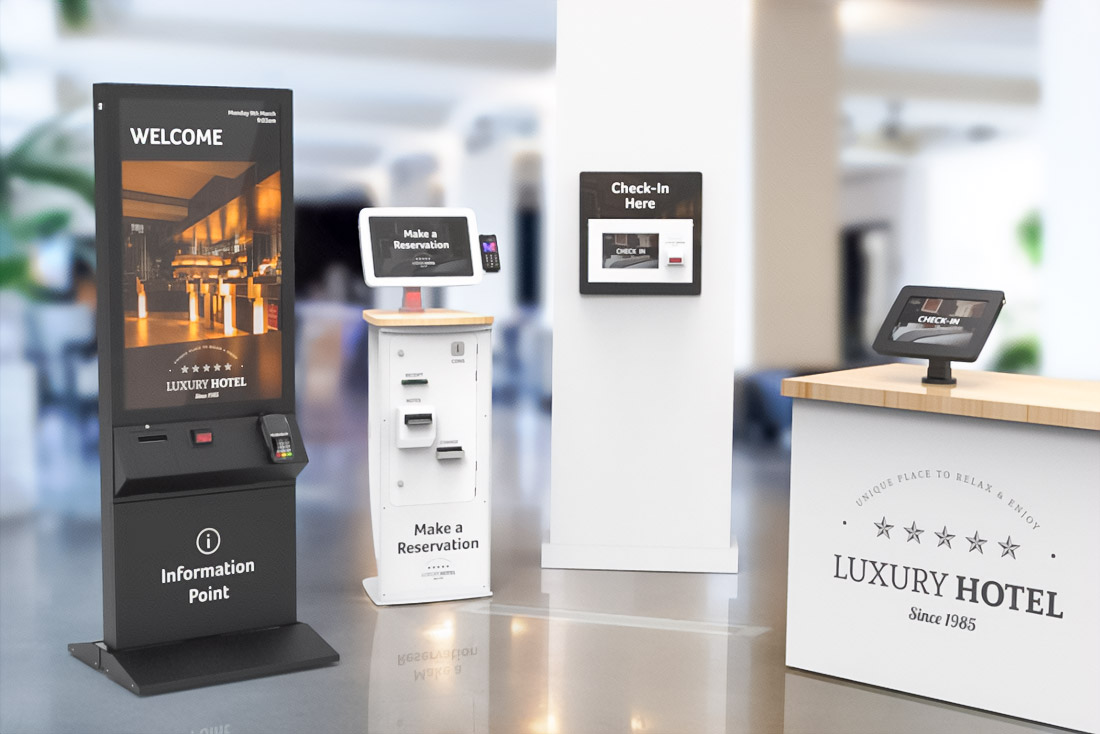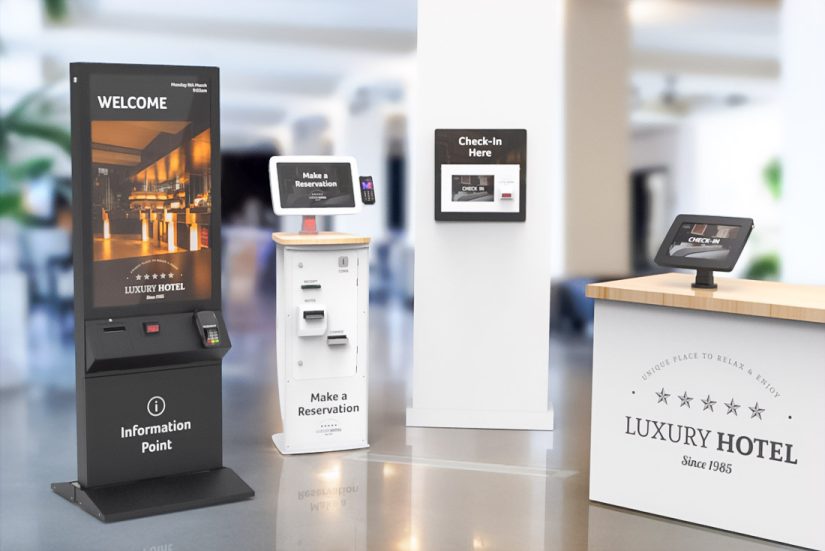Digital kiosks represent themselves as a modern solution, which more often finds application in various business sectors. These intelligent devices offer a unique opportunity to automate processes, improve interaction with clients, and increase the overall operational efficiency of business. In conditions of rapid development technologies and increasing demand of consumers, customization kiosks become an important tool for achieving competitive advantage. According to data research, more than 75% of companies implemented digital kiosks and noted significant improvement in the quality of client service. Learn more about how digital kiosks can transform your business.
Look at Future: Customization Kiosks in Business

Customization digital kiosks provide a business number of significant advantages, which can change the representation of traditional service clients:
- Improvement interaction with clients: Individualized kiosks offer clients a personalized experience, which contributes to increasing their satisfaction and loyalty. According to data research, personalization can increase conversion by 10-30% in retail networks.
- Increase operational efficiency: Automation processes, such as registration, payment, and provision information, reduce load on staff, reduce time service, and allow focus on other important tasks. For example, reduction costs on staff can reach 25% in some sectors.
- Adaptation under specific requirements: Opportunity customization kiosks in accordance with unique needs business allow more accurately satisfy requests clients, expand the range of services, and increase competitiveness in the market.
Innovations in Action: Application Customized Kiosks in Various Sectors
Understanding possibilities customization, various sectors of the business actively implement digital kiosks in their processes:
Retail: Evolution Shopping Experience
- In retail kiosks can be used for personalization shopping experience. For example, kiosks can provide buyers with recommendations on the basis of their previous purchases or preferences and also facilitate payment processing, reducing queues.
- Example: In large shopping centers, kiosks with touch screens allow buyers to find necessary goods in a few seconds, compare prices, and read reviews of other clients, which reduces time spent searching for information on 40%.
Healthcare: Acceleration Registration and Access to Information
- In the medical field, kiosks accelerate the process of registration of patients and provide access to information about their health conditions. This is especially important in conditions of a pandemic when minimization contacts and acceleration procedures have critical significance.
- Example: In hospitals, kiosks are used for self-registration patients, which reduces the load on staff and accelerates process reception, allowing service 30% more patients daily. More about registration patients.
Restaurants: Optimization Process Order and Payment
- For the restaurant business, kiosks represent an opportunity to optimize process orders and payment. This allows clients to independently choose dishes and carry out payment, not addressing the cashier.
- Example: In fast-food restaurants, kiosks allow clients to view the menu, choose dishes, and pay for orders, which reduces waiting time and reduces queues. Increased throughput in peak hours can reach 15%.
Hotel Business: Automation Procedures for Tourists
- In hotels, kiosks can automate the process of registering guests and provide information about services and events available in the hotel.
- Example: Guests can independently check-in and choose additional services, such as booking spa procedures or ordering transfer, reducing time registration to twice.
Public Transport: Transparency and Convenience Travels
- In-sector public transport kiosks simplify the purchase of tickets and provide current information about routes and schedules.
- Example: On railway stations, kiosks allow passengers to quickly acquire tickets and receive information about possible delays or changes in schedule, which increases satisfaction for passengers by 20%. Learn more about tickets on public transport.
Technological Aspects Customization Kiosks
When customization kiosks need to consider several key technological aspects:
- Software: Kiosks must be equipped with reliable and intuitive software that easily adapts to the needs of specific businesses. Using cloud solutions allows updating systems practically instantly.
- Data security: Important ensure the protection of personal data clients, using modern methods of encryption and authentication. Maintenance standards security is a priority in every firm.
- User interface: Interface kiosks must be intuitive and accessible for users of all ages and levels of technical literacy, which contributes to increasing loyalty to clients.
Success Stories: Examples Successful Implementations Customized Kiosks
In various business-sectors already exist successful examples use customized kiosks, demonstrating impressive results:
- Walmart: In large supermarkets, the company installed kiosks, which allowed clients to scan goods and pay for purchases independently, which significantly reduced waiting time in queues by 50%.
- Kaiser Permanente: In medical institutions, this network used kiosks for registration patients, which allowed reduced load on administrative staff and accelerated service. The number of errors in registration data was reduced by 60%.
- McDonald’s: In the restaurant network, network-installed kiosks allow clients to independently place orders and pay them, which increases throughput and reduces the number of errors in orders. Waiting time is reduced by 30%, which positively affects the satisfaction of clients. More about kiosks in retail.
Significance Customization Kiosks for Future Business
Customization kiosks become an important part of strategy development for many companies. It allows not only improved quality service and increased operational efficiency but also adapts to the changing needs of the market. In the future, with development technologies, possibilities for customization will only expand, offering businesses new ways to interact with clients. For example, it is expected that the use of biometric technologies in kiosks can reduce the time identification of clients by 20%.
Practical Guide: Recommendations for Implementation Kiosks
For successful implementation, customized kiosks are recommended to follow certain principles:
- Study needs clients: Conduct research and surveys to understand which functions and possibilities kiosks will be most demanded. Surveying 1000 clients can help identify main preferences and improve the function of kiosks.
- Invest in technologies: Ensure reliable software and protection data to prevent possible failures and threats. Investments in cybersecurity must make up not less than 10% of total budget IT.
- Train staff: Prepare employees to work with new technologies so they can promptly solve arising questions and help clients, providing them with comfortable use of kiosks.
Customization digital kiosks — this investment in future business, which contributes to increasing its competitiveness and satisfaction with clients. In a dynamically changing world, this can become a key factor in success.
Skier, follower of Christ, record lover, hand letterer and doodler. Operating at the sweet spot between modernism and function to develop visual solutions that inform and persuade. Let’s design a world that’s thoughtful, considered and aesthetically pleasing.

